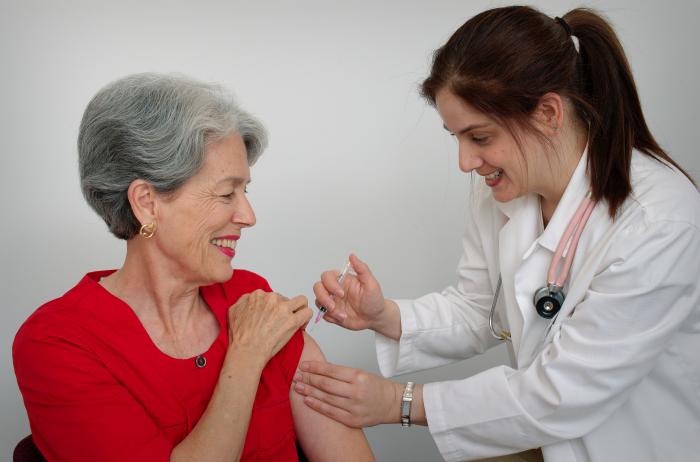
Many of the current questions on the public health and research aspects of the future of COVID-19 vaccines and vaccine strategies have been topics of research and debate in the influenza vaccine literature for decades. Here, we describe how the lessons learned from the study of repeated influenza vaccinations might apply to the evaluation of COVID-19 vaccines, and the prospect of future seasonal or periodic booster vaccinations.
There are many differences between COVID-19 and influenza vaccines in their design and manufacturing, immunological context, and effectiveness in preventing disease. Nonetheless, since both the SARS-CoV-2 and influenza viruses are constantly evolving and can escape vaccine-induced immunity, and since protection from both vaccines declines with time,
1
it can be expected that, similar to influenza vaccines, additional COVID-19 vaccine doses will be needed to maintain optimal levels of protection. The frequency, timing, and groups prioritised for further COVID-19 vaccine doses will depend on multiple factors, including the magnitude of vaccine effectiveness waning against the most severe COVID-19 outcomes, the differential effect of vaccine effectiveness waning on immunocompromised people and older adults, and the cost-effectiveness of different vaccine strategies.
Read more...







